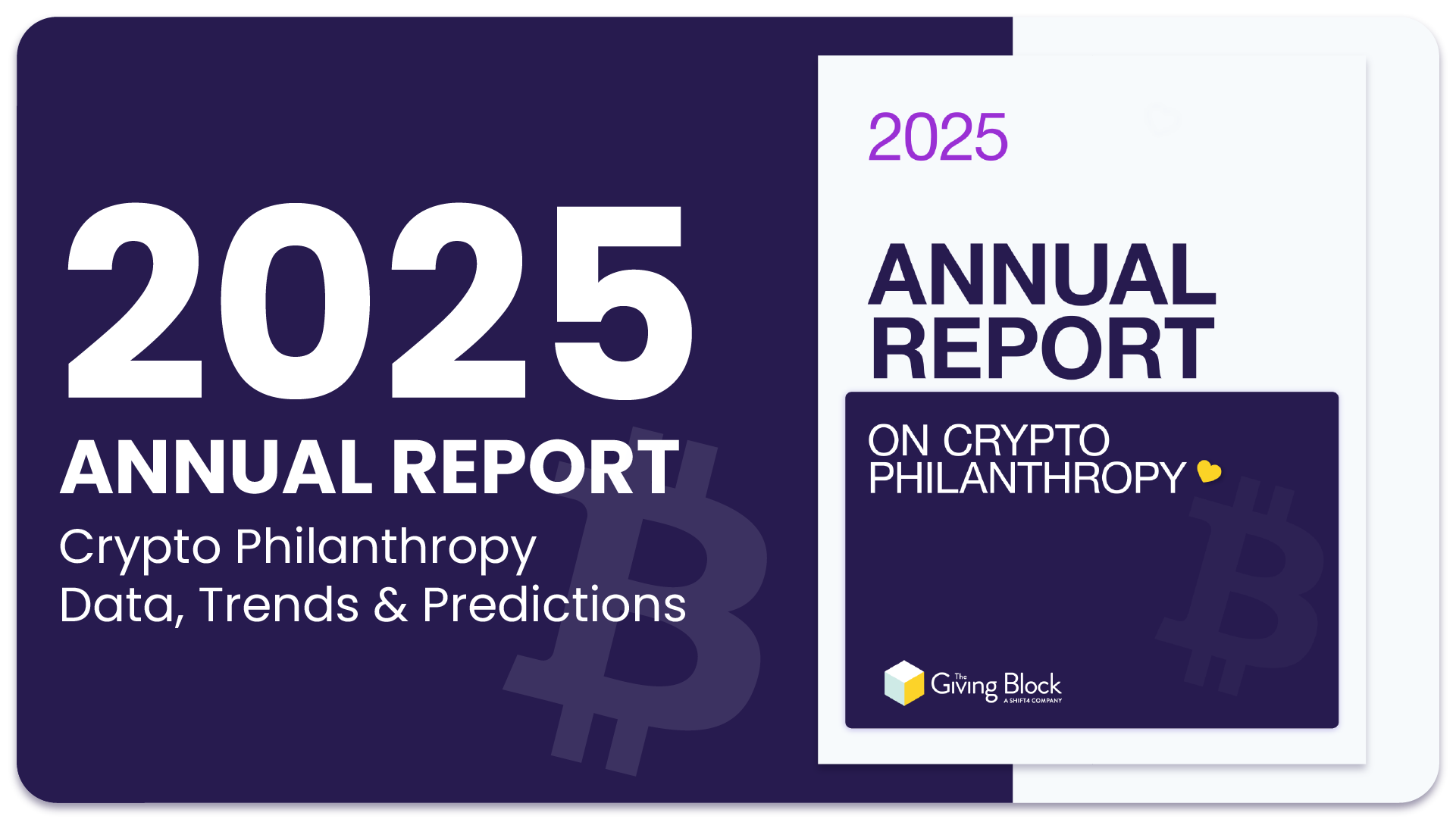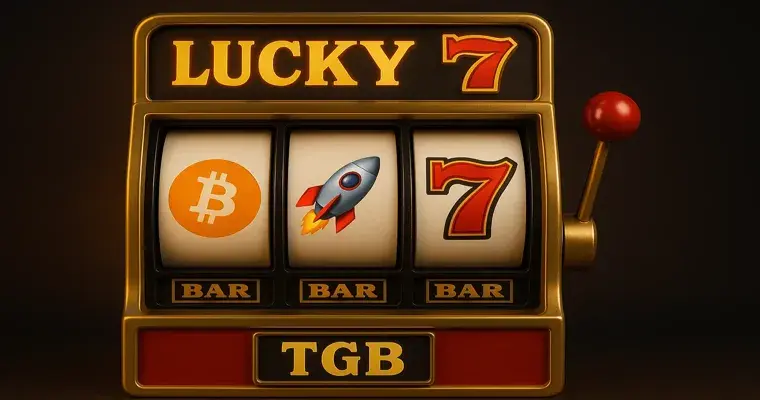Case Studies & Testimonials » The American Foundation for Suicide Prevention

How crypto and NFT philanthropy helped the American Foundation for Suicide Prevention diversify revenue streams
Discover how The American Foundation for Suicide Prevention was able to fundraise $400,000 in cryptocurrency donations with The Giving Block.
Mission
The American Foundation for Suicide Prevention (AFSP) mission is to save lives and bring hope to those affected by suicide. The foundation works to create a culture that is smart about mental health and build innovative strategies to better understand and prevent suicide. Since its founding in 1987, AFSP has established 74 local chapters across the country, with at least one in all 50 states.
Make a gift to support American Foundation for Suicide Prevention today. Give now →
The initial spark for accepting crypto
In 2021, AFSP was approached by a donor who wanted to make a large contribution in cryptocurrency. Although the foundation was interested in crypto fundraising, it wasn’t sure how to accept cryptocurrency donations. This led to the foundation onboarding with The Giving Block and gaining the technical ability to accept cryptocurrencies like Bitcoin, Ethereum, and dozens more.
Strengthening Web3 and NFT community relationships
Throughout 2021, the foundation was able to fundraise $400,000 total in cryptocurrency, all processed via The Giving Block. This included a ~$220,000 contribution from proceeds of NFT project “Trippy Bunny,” a gift that was announced on Suicide Prevention Day.
Now, the AFSP team is looking ahead and aims to take its crypto fundraising to the next level by ramping up engagement and working with NFT creators dedicated to the suicide prevention cause.
Nonprofit Guide: What is NFT Fundraising?
The rise of non-fungible tokens or “NFTs” has sparked a creative renaissance in the crypto ecosystem. Many of these creators have a passion for giving back to support causes close to their hearts.
Discover the growing movement of charitable giving among NFT creators and how it’s positively impacted crypto-friendly nonprofits.
Diversified revenue streams means more effective fundraising
With crypto as a growing revenue source, AFSP is actively building relationships with new communities that can provide even more support for suicide prevention and help build awareness for its mission. Accepting crypto donations has not only helped AFSP diversify fundraising revenue streams, it has opened up a world of opportunities for the foundation.
The opportunity to expand our reach and engage the crypto community is very exciting for AFSP! To carry out our mission, we need to make everyone part of the suicide prevention conversation. Accepting crypto donations has connected us with even more people who want to be advocates and make a difference within their networks.
Get started with The Giving Block
We help nonprofits of all sizes discover a new fundraising stream in Crypto Philanthropy thanks to our simple donation platform that automatically converts crypto to cash and helps crypto donors find your cause.
Interested in seeing how Crypto Philanthropy can help your nonprofit achieve strong fundraising outcomes? Complete this form to chat with our team about the benefits of crypto fundraising and see a demo of our nonprofit fundraising solution.















